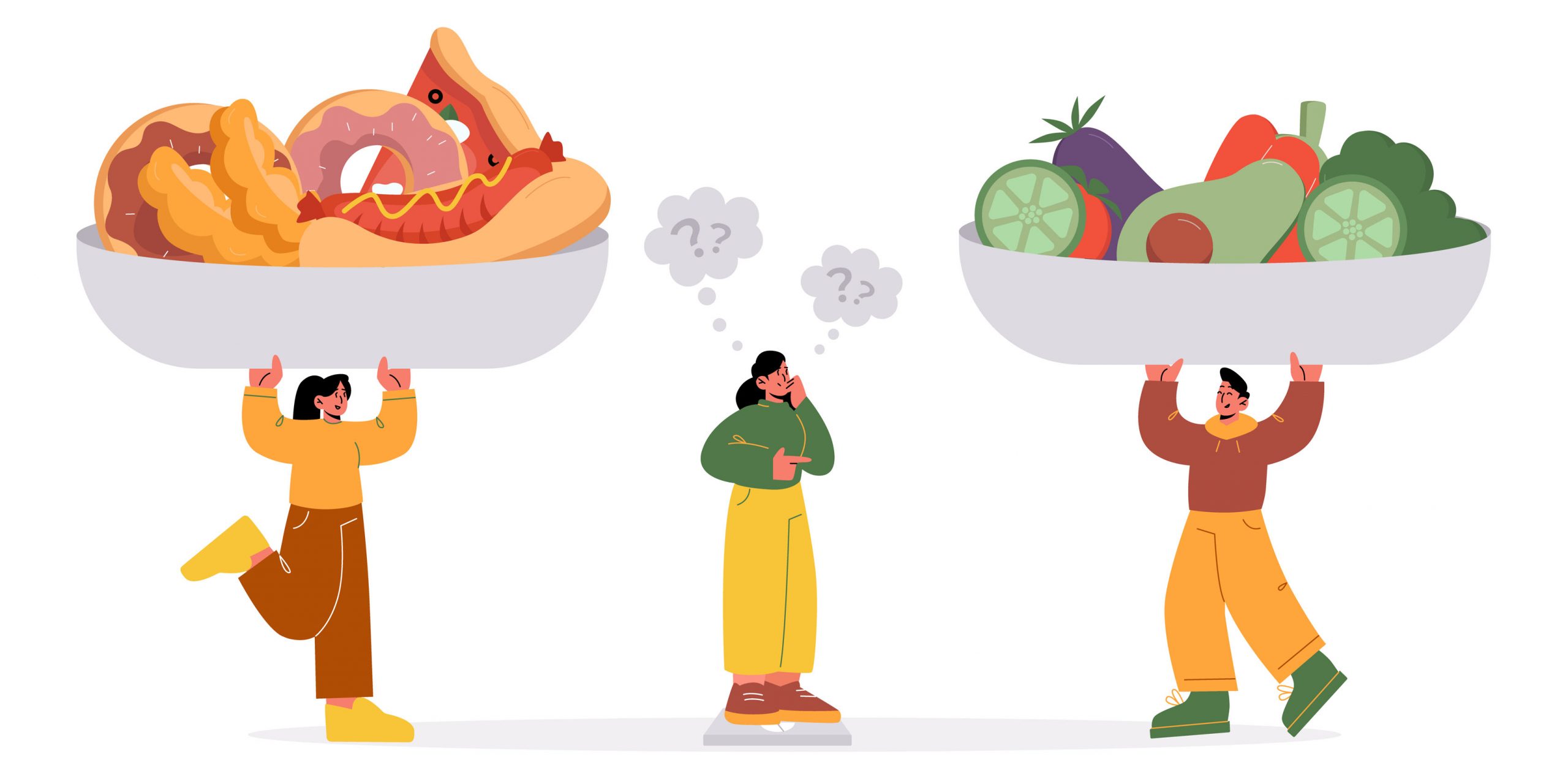Eating fatty foods does not increase body fat
Everyone gives the same advice to obese people. "Fat has increased, reduce fatty foods." Because of this, many people believe that fat is the root cause of obesity, not eating fat.
Is fat really very harmful for the body? Does the body not need fat?
Health experts say, 'This understanding is wrong, as the intake of other nutrients is necessary for the body. Similarly, fat is also one of the essential nutrients for the body.
Nutritionist Kamna Acharya says that the body is not fat by eating fat, but not knowing how to eat properly can lead to obesity.
Fat does not make the body fat as soon as it is eaten. And, in order to lose weight, fatty foods should not be removed from the diet,' she says, 'If you eat more fatty foods than the body needs, the body cannot use them and obesity can become a problem.'
According to Harvard Medical School, if we eat more fat than we need, it definitely increases the body weight. Over-reliance on any one nutrient means we are playing with our health. Apart from fats, excess consumption of carbohydrates, proteins and alcohol can also increase body weight.
Consultant Bariatric and Metabolic Kosisnandan Pokharel also has a limited understanding of fat among the general public. He says that there is a growing misconception among the common people that they should not eat, blaming fat. Fat cannot be blamed for preventing obesity and growth. Any food can be harmful, not only excessive fat,'' he says.
'Obesity Caused by Eating Too Much, Working Less'
Dr. According to Pokharel, the reason why teenagers and young people are becoming more obese is that they eat more than they need but do not do physical work at all.
"Sitting in front of the computer for hours, not doing exercise-yoga, watching TV for hours, paying attention only to the mobile phone even during free time and eating a lot of junk food, sweets, fatty and refined food, starchy food, fast food and cold drinks, but consuming fat when not doing physical activity at all" It cannot happen and excessive fat starts accumulating in the body. It not only promotes obesity but also chronic diseases,” he said.
According to him, the body cannot function without fat. Fat has many roles in the body.
1. Fat softens the skin. If there is no fat, the skin will sag. Which can be seen more in the elderly.
2. Warms the fat body. Lack of it can lead to excessive winter experience.
3. Fat also protects the important organs of the body such as the heart and kidneys.
4. In the metabolic process going on in our stomach, fat absorbs vitamins and minerals. Vitamins like vitamin A, D, K are absorbed by the body only if there is fat. When there is a lack of fat, the body cannot absorb vitamins.
5. Fat also acts as insulation in the body. Therefore, in case of any kind of shock or accident, it protects the important body parts as an insulator.
Nutritionist Acharya says that there are mainly three types of fat. Saturated, unsaturated and trans fats.
Saturated fat
Refers to milk, meat and ghee obtained from animal sources. Eating too much fat, which freezes at room temperature, can block or freeze blood vessels. Which affects blood circulation and causes heart disease. That is why it is considered bad.
Unsaturated fat
Unsaturated fats are considered good for the body. A source of fat that remains liquid even at room temperature is called oil. Vegetable oils such as mustard, coconut, olive, soybean and sunflower oils are considered unsaturated oils. Foods like sesame seeds, chia seeds, walnuts, almonds are also considered good sources of fat.
Transfat
Both deep-fried food and oil contain trans fat, which is harmful to health. Its use increases cholesterol and causes heart problems. Trans fat is also present in some amount in meat. If used in small amounts, it does not affect the health, but if used in excess, it can cause not only obesity, but also ulcers in the intestines.
'Good fat can become bad'
Dr. Pokharel says, "Even if we eat good fats, if we don't exercise after eating them, our health will definitely deteriorate. When we cook oil with good fats at high temperature, it can turn into bad fats.''
So how much fat is needed for the body?
According to nutritionist Yogita Sapkota, no solid data in Nepal has revealed that the body needs so much fat. Since the climate and lifestyle of Nepal and India are similar, the same data is used as the basis.
How much fat does the body need? It depends on the calorie requirement of the person. In terms of labor or physical activity, the body demands fat," she says. "A person who only does light work during the day needs only 25 grams of body fat. Similarly, 30 grams for moderate work and 40 grams of fatty foods are required for those who lift heavy weights.
In general, healthy adults need 15 to 35 percent fat per day. She says that saturated fat should be less than 10 percent of total fat, polyunsaturated fatty acids should be 6-10 percent, and trans fat should be less than 1 percent per day.

Comments
Post a Comment
If you have any doubts. Please let me know.